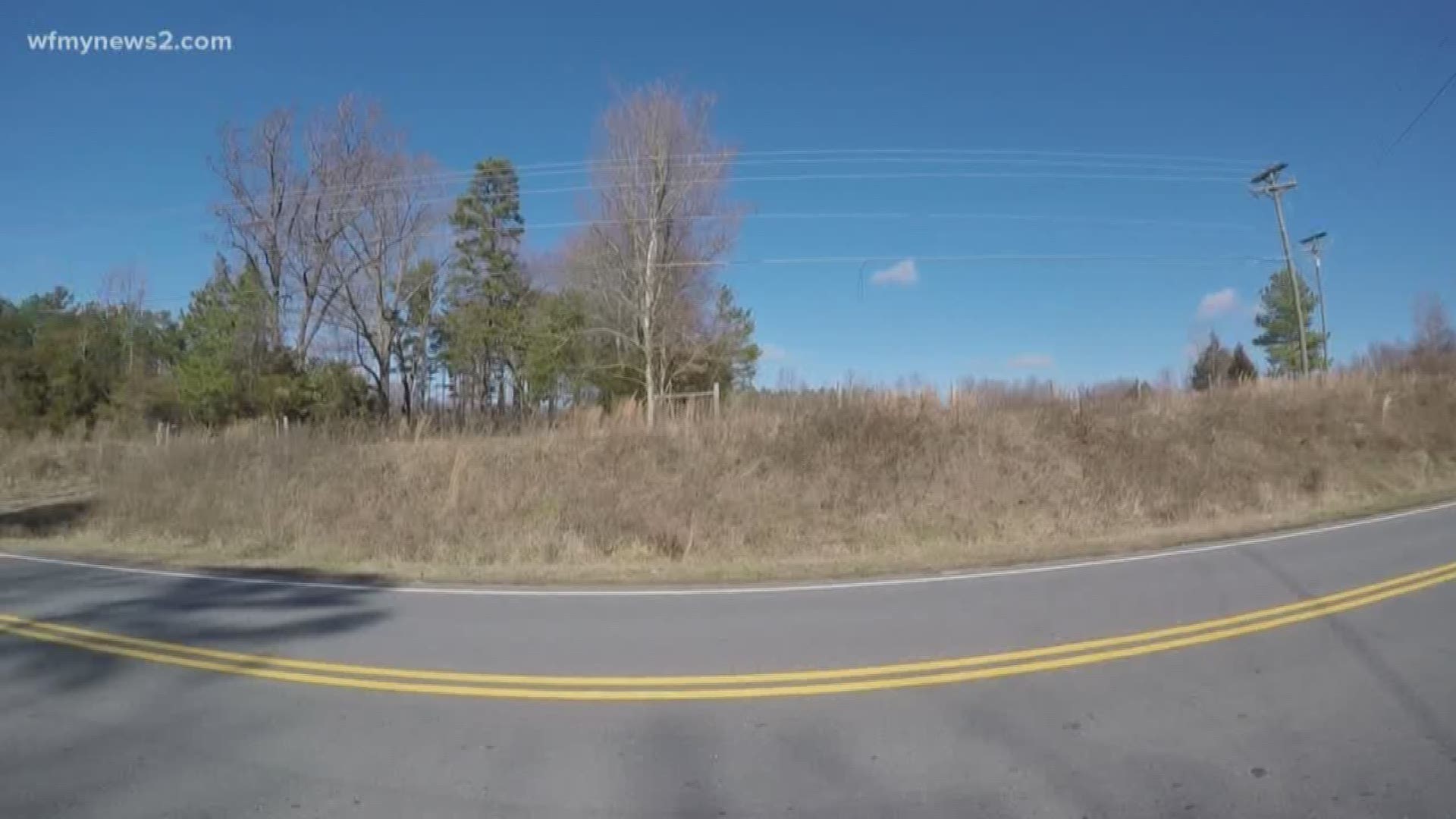GREENSBORO, N.C. — WFMY News 2 spoke with Dr. Dave Dobson, professor of Geology at Guilford College about earthquakes in North Carolina.
Here are seven things you might not know about earthquakes following the magnitude 2.3 that rocked part of Guilford County, Tuesday morning.
Question: Compared to other earthquakes, how intense was this one?
Answer: There are hundreds of thousands of small earthquakes each year that are only detected by instruments. This one was just at the edge of what people are usually able to feel. So, it was a very small earthquake.
Question: Could an earthquake of that magnitude be caused by a rock quarry, or blasting at one?
Answer: No, nobody has ever connected an earthquake to blasting or a quarry. There is some good evidence that earthquakes can be triggered by fracking, but that's not an issue in North Carolina.
Question: Is North Carolina on any fault lines?
Answer: There are faults everywhere, and any of them can move, causing an earthquake. There are only a few large fault systems that are frequently active, and those are usually in places where tectonic plates are moving - either coming together, splitting apart, or sliding alongside each other. North Carolina was in the middle of that kind of activity a few hundred million years ago, when the Appalachians were built, but we are now a very stable area. Even so, there is still some stress on the rocks everywhere, and an occasional fault will have an earthquake to relieve it. In North Carolina, those are usually small and rare.
Question: Is there a way to predict earthquakes?
Answer: You can certainly predict areas where earthquakes are likely, but it is very difficult (nearly impossible) to predict when an individual earthquake will occur, except that aftershocks are common after big earthquakes.
Question: Does one earthquake lead to more later?
Answer: It can, and we're seeing that in Puerto Rico now as they deal with aftershocks. For this earthquake in North Carolina, I wouldn't expect there to be many aftershocks, and if there were any, they would likely be smaller than the original one, which means they wouldn't likely be big enough for people to feel.
Question: What would it have felt like?
Answer: At this magnitude, people often report a loud noise, like an explosion, and occasionally some shaking. People on the upper floors of buildings would be more likely to notice shaking, but probably not much. If you were close and had suspended light fixtures, they might swing a little. But there is not likely to be damage to buildings, and you would not expect to see things like broken windows or dishes.
Question: How common are quakes in NC? Across the country?
Answer: North Carolina has a relatively low frequency of earthquakes. When we do have them, they're usually in the mountains or in the western part of the state.
Question: Should we be concerned about earthquakes occurring in NC?
Answer: There's no reason at all to be scared about this. Small earthquakes are common, and at this magnitude, they're just exciting and interesting. If you want to learn more about why they happen, the fundamental reason is plate tectonics, which is one of the coolest scientific discoveries of the 20th century.
WHAT WE KNOW
A magnitude 2.3 earthquake happened in Guilford County around 1:29 am Tuesday morning. The epicenter was located about 2.5 miles northwest of Forest Oaks, just off I-85 and Wiley Lewis Road.
A powerful 7.7 magnitude earthquake also struck Tuesday in the Caribbean Sea, between Cuba and Jamaica, according to the United States Geological Survey.
The earthquake was centered 125 kilometers northwest of Lucea, Jamaica, the USGS said.
The USGS originally estimated the earthquake was a 7.3 magnitude, before upgrading it to 7.7.
OTHER STORIES
The new WFMY News 2 phone and tablet app boasts a modernized look and feel—download now.

